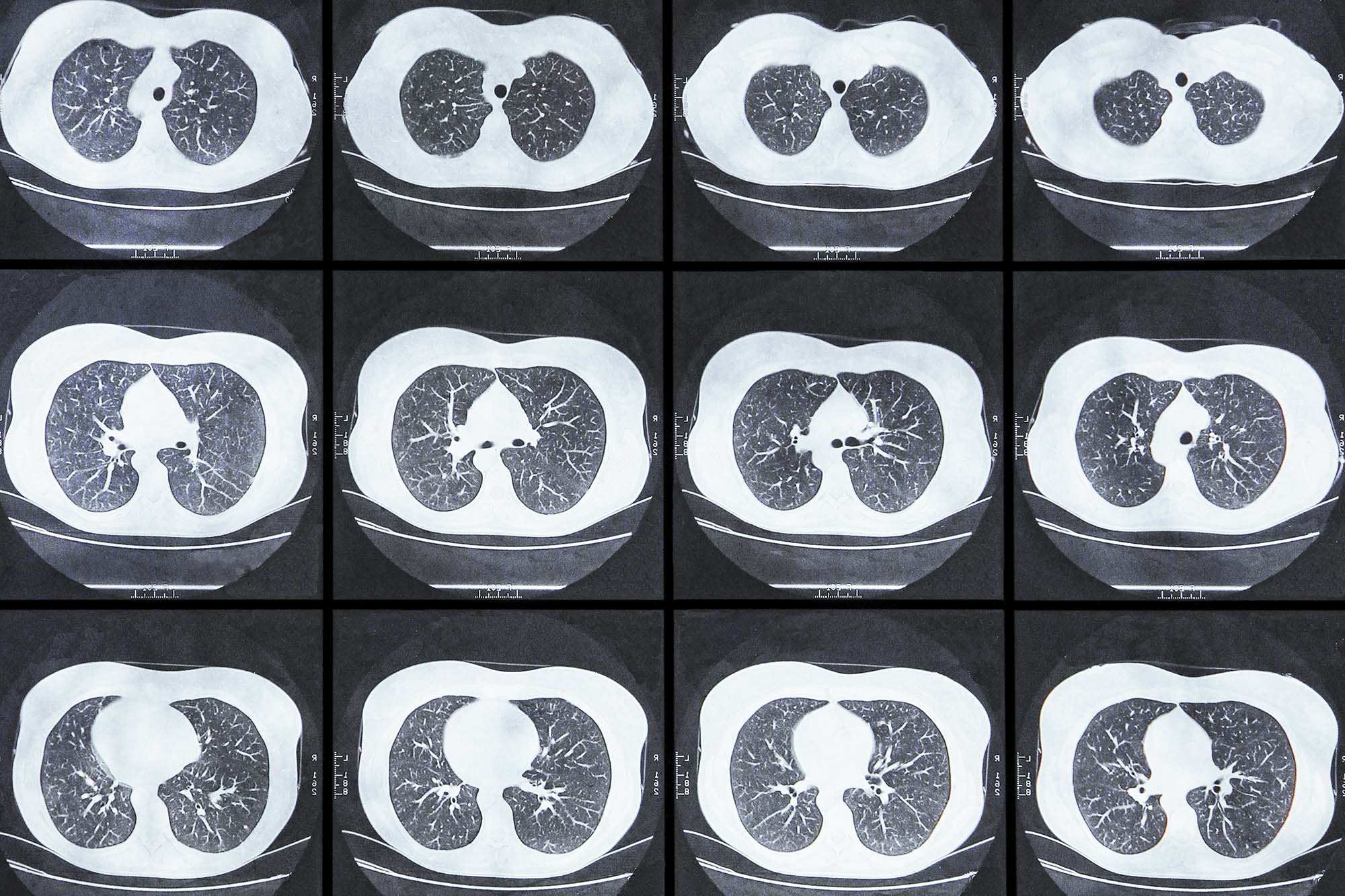Through his role on the U.S. Preventive Services Task Force, UVA Health’s Dr. Li Li has helped develop new lung cancer screening guidelines that expand screenings to more high-risk patients.
The new guidelines are focused on Americans at higher risk because of their history of smoking, which is the leading cause of lung cancer. There are two significant changes in the new guidelines. For those who are still smoking or quit less than 15 years ago, a yearly screening using a low-dose computed tomography, or CT, scan is now recommended:
- beginning at age 50, instead of age 55.
- for anyone who has smoked 20 pack-years in their lifetime, instead of 30 pack-years. A pack-year equals smoking a pack of cigarettes a day for a year.
The new guidelines came following a review of the latest evidence of the benefits of lung cancer screening by Li and his colleagues on the Task Force, an independent, volunteer panel of national experts in prevention and evidence-based medicine. That evidence showed expanding the criteria would open screenings to more Black people and women, who data shows tend to smoke fewer cigarettes than white men.
“The new guidelines will have a tremendous impact on primary and secondary prevention of this dreadful cancer,” Li said. “It is a big step forward in reducing lung cancer disparities in Black people and women.”










